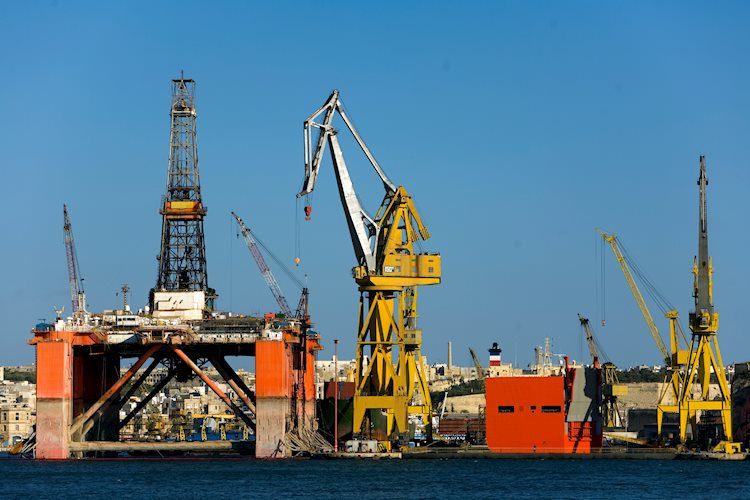According to sources with knowledge of the matter, Saudi Arabia is planning to abandon its unofficial price target of $100 per barrel for oil production, allowing it to increase its output. While there is no officially announced price target, analysts believe that the country needs an oil price of nearly $100 to balance its national budget. The gradual withdrawal of voluntary production cuts is expected to begin in December, as Saudi Arabia aims to regain market share lost to other oil producers.
The International Monetary Fund (IMF) has calculated that Saudi Arabia needs an oil price of nearly $100 in order to balance its national budget. However, due to the production cuts implemented by the country and the resulting reduction in export volumes, the required price had continued to rise. Saudi Arabia is now looking to increase its oil production and regain market share from other producers. The country also has sufficient alternative financing options to weather a period of lower oil prices.
Two OPEC+ sources have confirmed that the planned production increase will go ahead, with Saudi Arabia expected to increase its output by 1 million barrels per day, and the OPEC+ group as a whole by 2.2 million barrels per day. However, some countries within the group, such as Iraq and Kazakhstan, have not cut their production as agreed, so the actual production increase is likely to be closer to 1.6-1.7 million barrels per day. If this additional oil comes onto the market gradually from December, it could lead to a significant oversupply in the oil market in the coming year, resulting in a further drop in oil prices.
The potential oversupply of oil in the market next year could lead to a further decrease in oil prices, posing downside risks to the oil price forecast of $80 per barrel for the coming year. Given the expected increase in production from OPEC+ countries, the oil market is likely to face challenges in balancing supply and demand, which could put pressure on oil prices. The decision by Saudi Arabia to abandon its unofficial price target and increase oil production could have far-reaching implications for the global oil market.
In conclusion, Saudi Arabia’s decision to abandon its unofficial price target of $100 per barrel and increase oil production is likely to have a significant impact on the global oil market. With the country looking to regain market share and balance its national budget, the gradual withdrawal of voluntary production cuts is expected to begin in December. However, the increase in oil production by OPEC+ countries could lead to a potential oversupply in the market, resulting in lower oil prices and downside risks to oil price forecasts for the coming year. The dynamics of the oil market are likely to shift as Saudi Arabia and other oil-producing countries make decisions to adjust their production levels.










